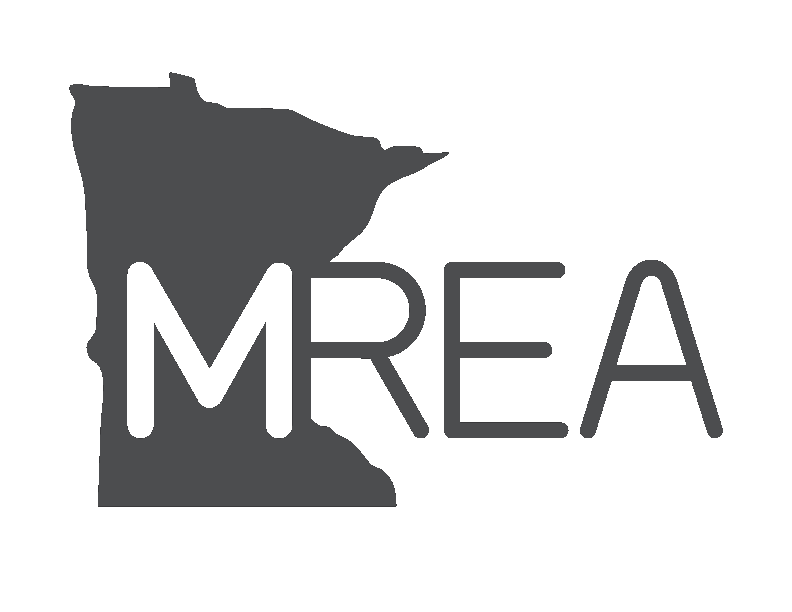Electric Cooperatives are Leveraging their Business Model to Prepare for the Clean Energy Future
(MAPLE GROVE, MINN.) – This week President Biden signed the Inflation Reduction Act, a sweeping $750 billion health care, tax and climate bill that includes several provisions relating to the electric industry that will affect the future of electric consumers. Minnesota’s electric cooperatives are focusing on the future and planning for this new energy legislation as well as new technology for their Minnesotan members.
The Minnesota Rural Electric Association (MREA) recently hosted an Energy Issues Summit for electric cooperative leaders across the Midwest to provide an opportunity to learn more about the latest energy industry innovations. Electric cooperatives are continuing to decarbonize while prioritizing reliability.
“The energy transition is real, and we are leading it,” says Darrick Moe, CEO of MREA. “We are transforming our generation portfolios, investing in transmission and distribution upgrades, and leading innovation in the energy space.”
Throughout the Summit, electric cooperative CEOs, directors and staff discussed innovations and changes related to electric grid modernization like energy storage opportunities, advanced small modular reactors (SMRs), and electric vehicles. Other key topics included new opportunities related to broadband and incoming federal infrastructure funding from the Infrastructure Investment and Jobs Act (IIJA) for Minnesota’s utilities and electric co-ops.
Notable speakers included Michael Rogers, author and futurist, and Dr. Keith Taylor, professor of cooperative extension at University of California Davis and community economic development specialist. Taylor emphasized the unique power of the cooperative business model and its natural ability to build community.
“Electric cooperatives are this symbol of self-help economic development,” says Dr. Taylor. “The cooperative business model is remarkable and isn’t talked about enough.”
Minnesota’s not-for-profit electric cooperatives have a member-centric focus on delivering safe, reliable, affordable and increasingly clean energy. Engaging in strategic conversations about the evolving energy industry ensures balanced outcomes and long-term sustainable solutions for electric cooperative members.
Additionally, MREA presented Legislator of the Year awards to Senator Bill Weber and Representative Gene Pelowski for their continuing leadership and advocacy on behalf of electric cooperatives in the 2022 session on property tax and broadband issues. MREA also honored retiring legislators Senator Tom Bakk and Senator Dave Senjem with a “Commitment to Cooperatives” award for their years of work in furthering the legislative priorities of electric cooperatives.
“We are grateful for the advocacy and loyalty these legislators have shown to the electric cooperative mission over the years and we look forward to continuing to work with them in the future,” says Jenny Glumack, MREA manager of legislative affairs.
###
ABOUT THE MINNESOTA RURAL ELECTRIC ASSOCIATION
The Minnesota Rural Electric Association (MREA) is a nonprofit trade association serving Minnesota’s electric cooperatives. MREA provides legislative and regulatory representation, director and employee education programs, technical training for electric cooperative line workers and serves as the focal point for cooperation among cooperatives. Minnesota’s 44 distribution cooperatives serve about 1.7 million Minnesotans in all 87 counties and operate the largest distribution network in the state with more than 135,000 miles of electric lines.
